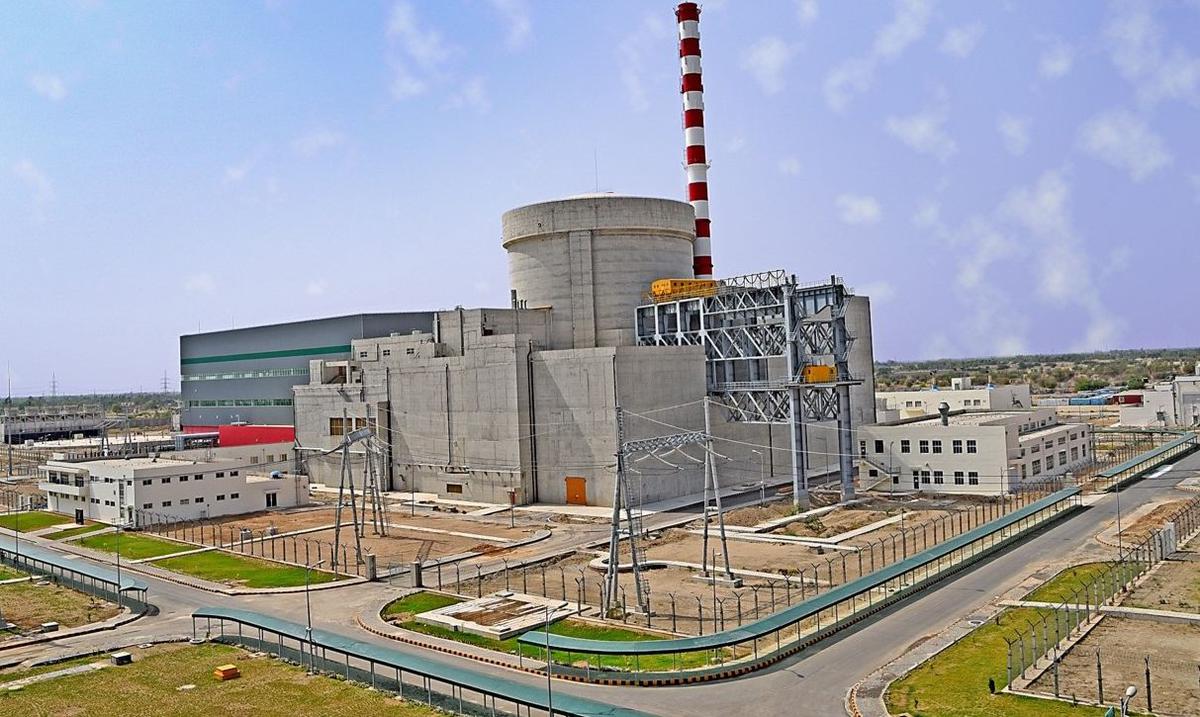The China-Pakistan Nuclear Deal: Analyzing its Compliance with Global Rules
The recent China-Pakistan nuclear deal, signed on June 20, has raised questions about its adherence to global rules governing nuclear commerce. The agreement, which involves the construction of a 1,200 MW nuclear power plant in Pakistan, holds significant implications for both the crisis-hit nation and the international governance of nuclear trade. It is notable that China proceeded with the deal without seeking necessary waivers from the Nuclear Suppliers Group (NSG), warranting a closer examination of the reasons behind Pakistan’s decision and the potential impact on the governance of nuclear commerce.
Pakistan’s Energy Crisis and Chinese Assistance
Pakistan’s decision to forge ahead with a nuclear power plant in collaboration with China stems from the country’s pressing energy and economic challenges. Facing a dual crisis, Pakistan has sought to address its energy needs by leveraging nuclear technology. The agreement signed between the two nations, reportedly valued at $4.8 billion, paves the way for the construction of the fifth reactor, known as C-5, at the Chashma nuclear complex. The financial details of the deal have not been disclosed, but Prime Minister Shehbaz Sharif acknowledged China’s provision of “special concessions” to finance the project amidst Pakistan’s ongoing financial difficulties and negotiations for an IMF bailout.
China’s Non-Seeking of NSG Waivers
One noteworthy aspect of the China-Pakistan nuclear deal is China’s decision not to seek waivers from the Nuclear Suppliers Group. The NSG is an international body responsible for regulating nuclear trade and ensuring that nuclear technology is used for peaceful purposes. The omission of NSG waivers raises questions about China’s compliance with global rules and norms governing nuclear commerce. It suggests a departure from established protocols, potentially impacting the overall governance of nuclear trade and the responsibilities of NSG member states.
Implications for Global Nuclear Commerce Governance
The China-Pakistan nuclear deal’s lack of NSG waivers has broader implications for the governance of nuclear commerce worldwide. The NSG plays a vital role in maintaining transparency, safeguards, and non-proliferation standards in the nuclear industry. By sidestepping NSG approvals, the deal challenges the established framework and raises concerns about the potential weakening of global rules and norms surrounding nuclear trade. It highlights the need for continued scrutiny and discussions on the evolving landscape of nuclear commerce governance, ensuring that it remains robust and aligned with international security objectives.
Future Considerations
As the China-Pakistan nuclear deal moves forward, it will be crucial to monitor its impact on the governance of nuclear commerce and the adherence to established global rules. The deal’s implications extend beyond the bilateral relationship between China and Pakistan, as they raise questions about the responsibilities of NSG members and the broader integrity of nuclear trade. Addressing these concerns requires ongoing dialogue, collaboration, and a commitment to upholding the principles of non-proliferation, transparency, and international security in the realm of nuclear technology and commerce.

